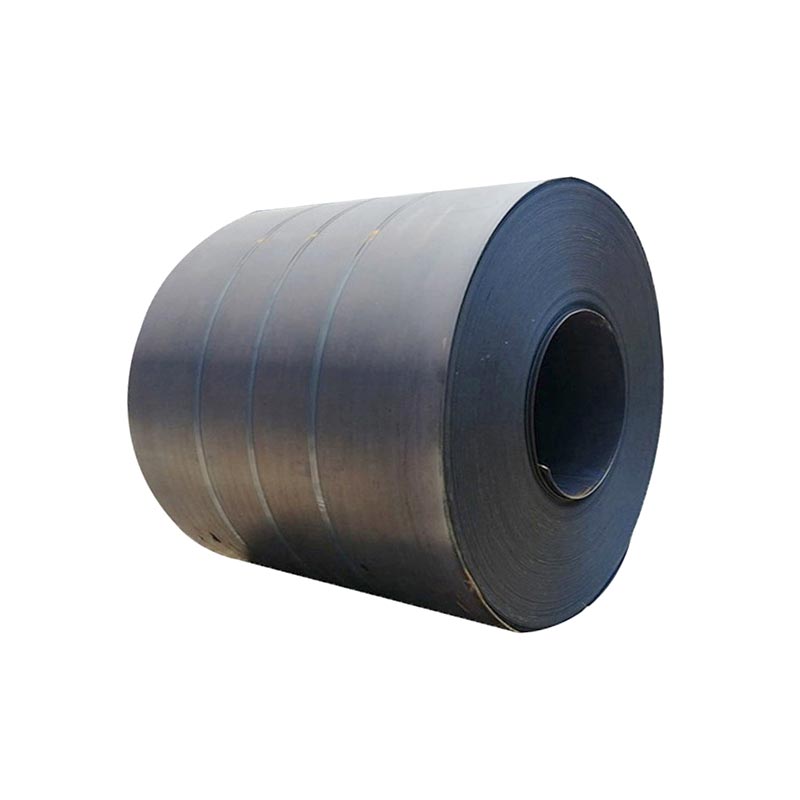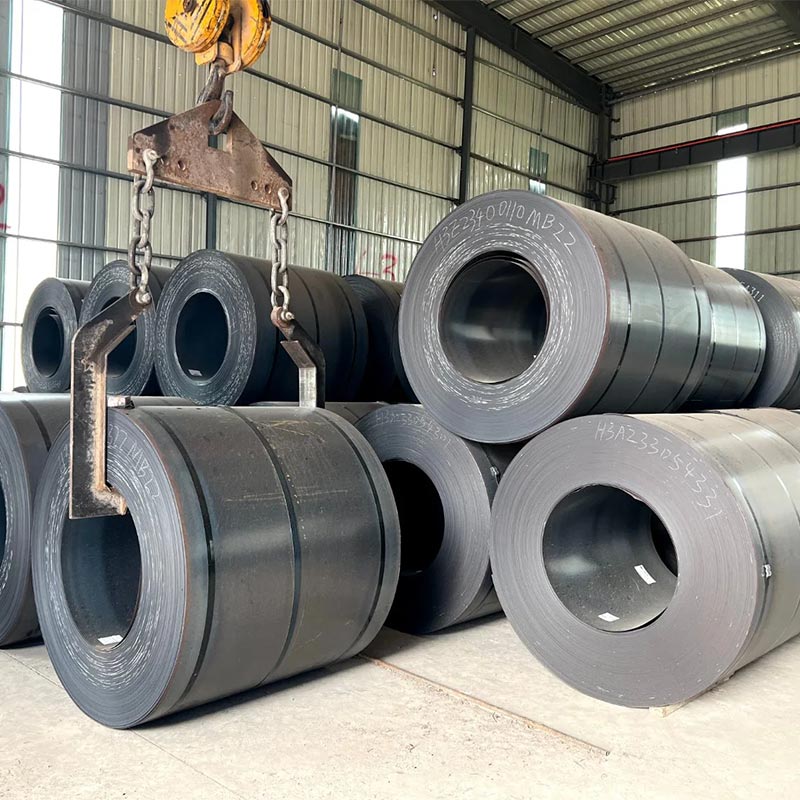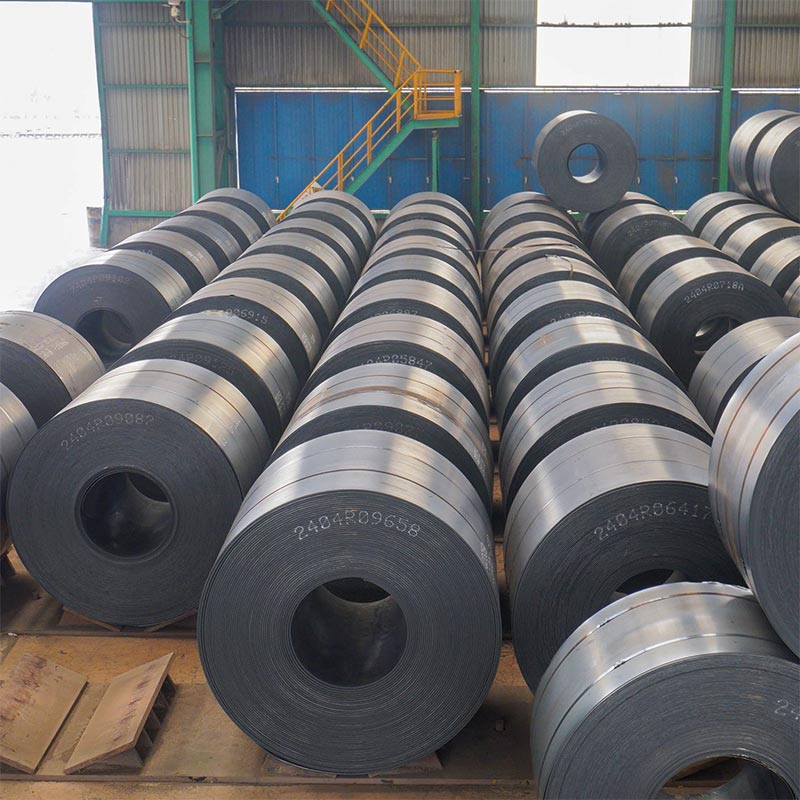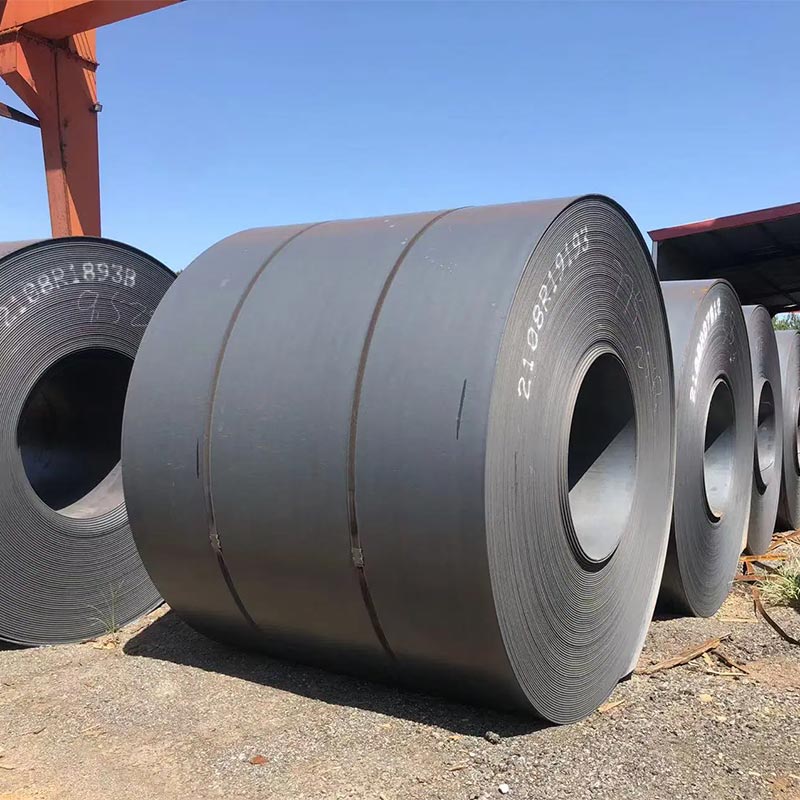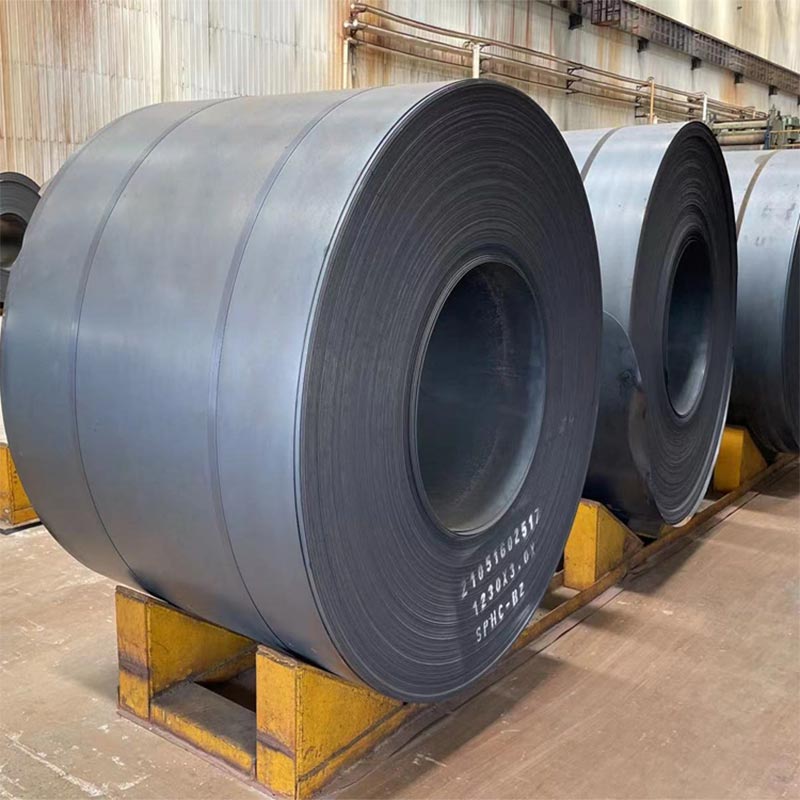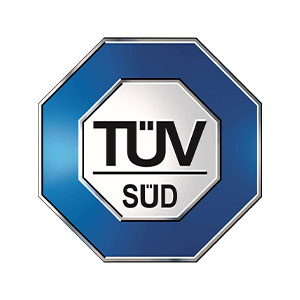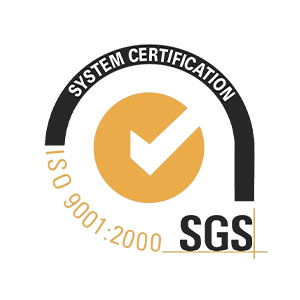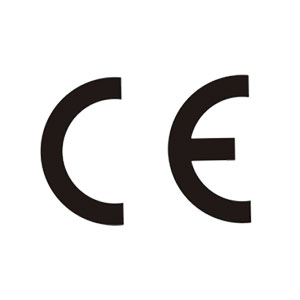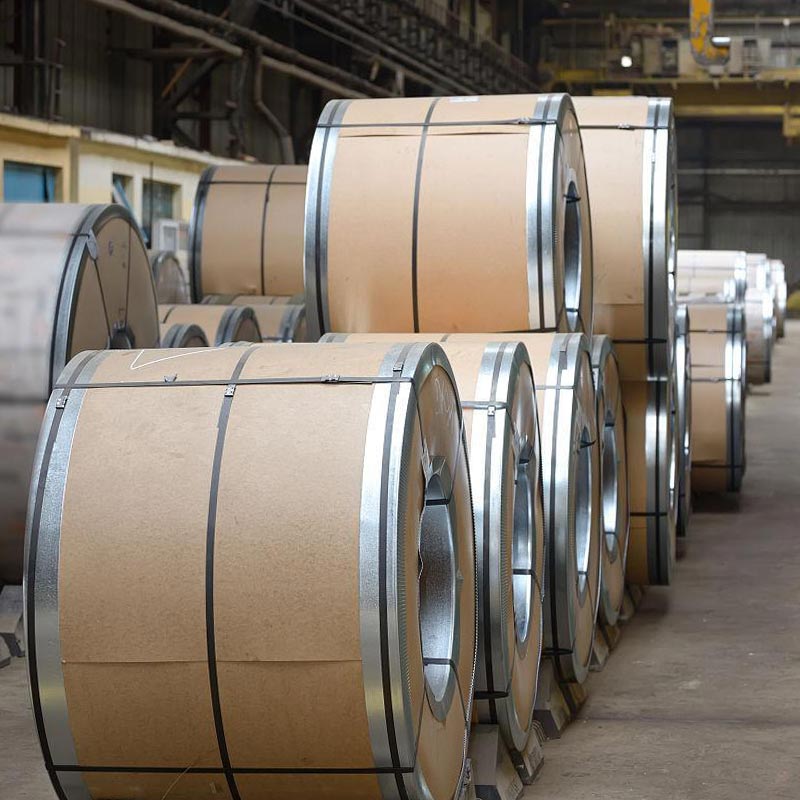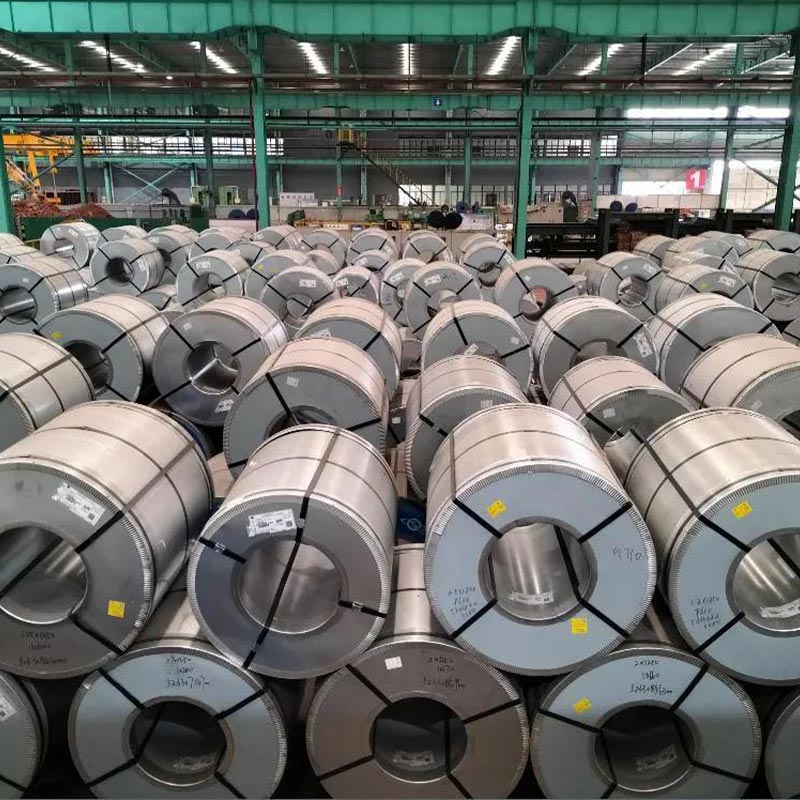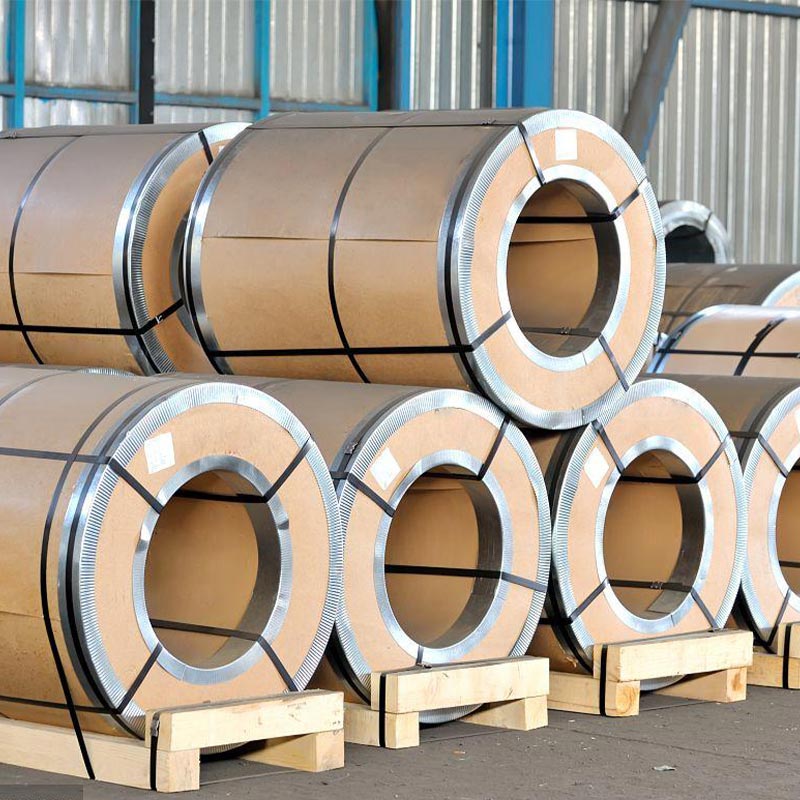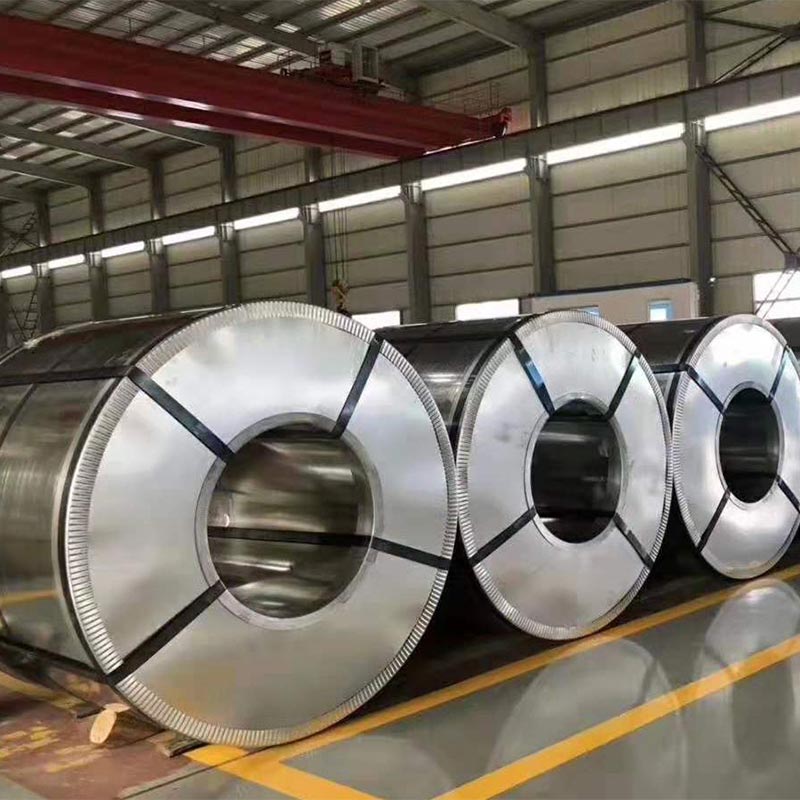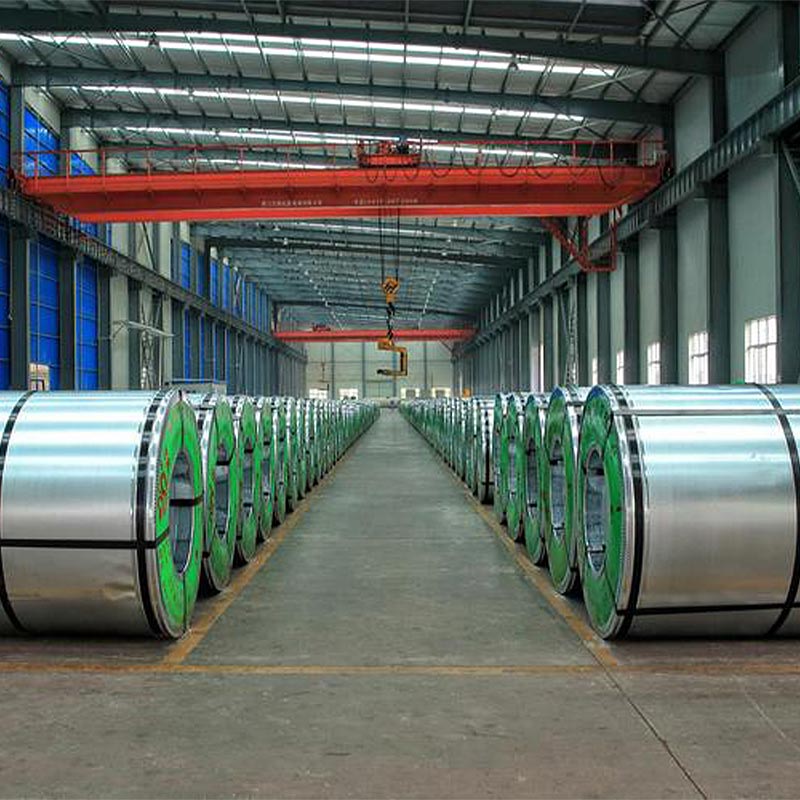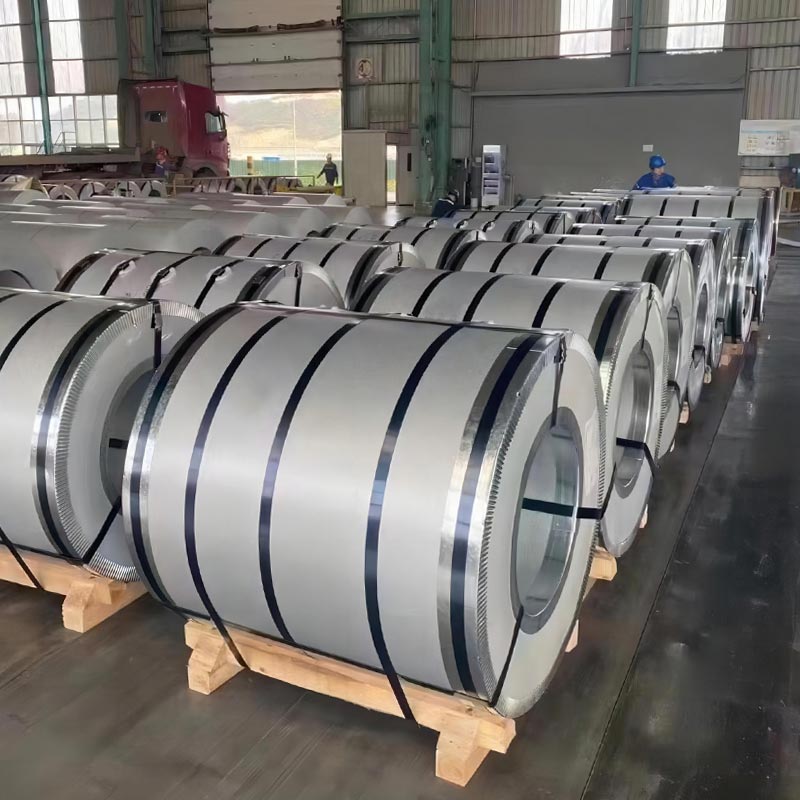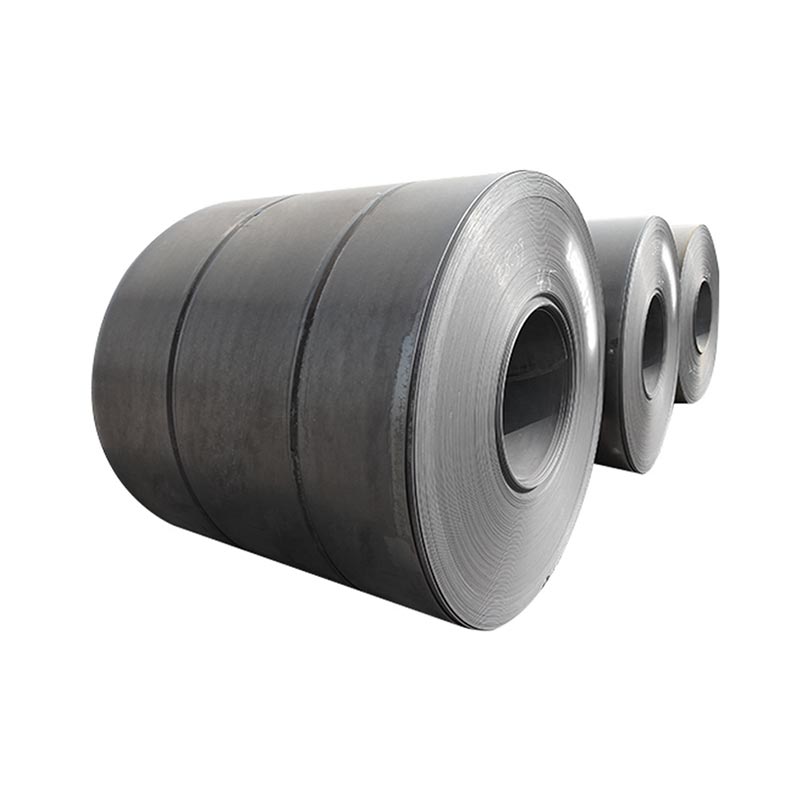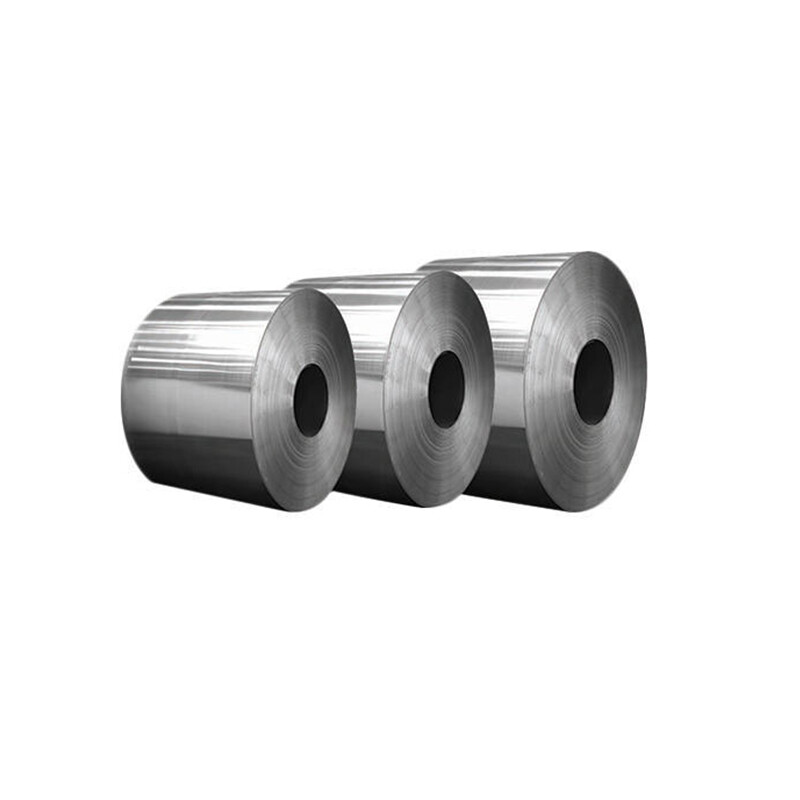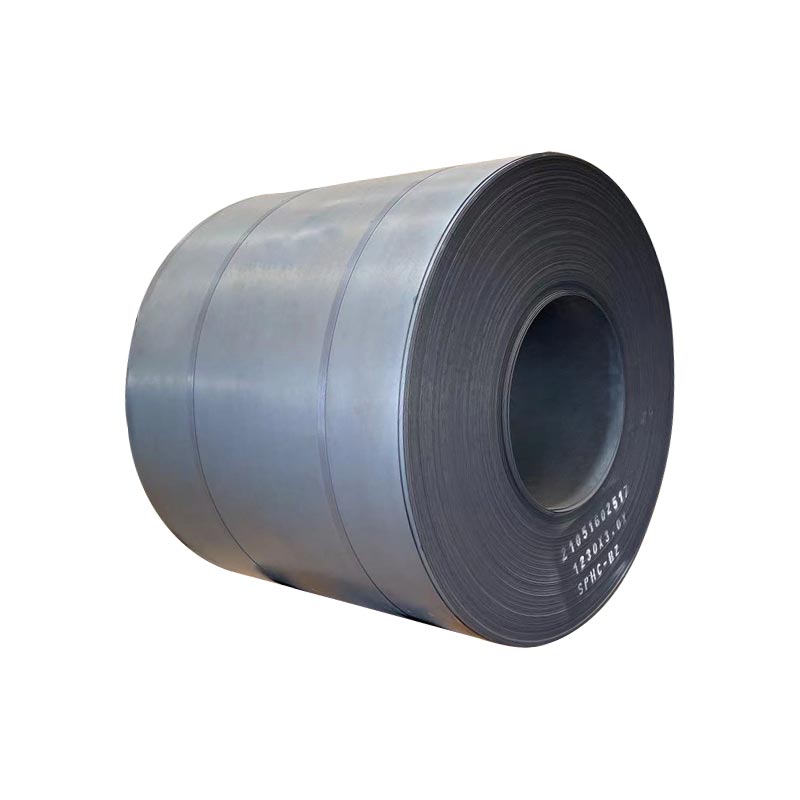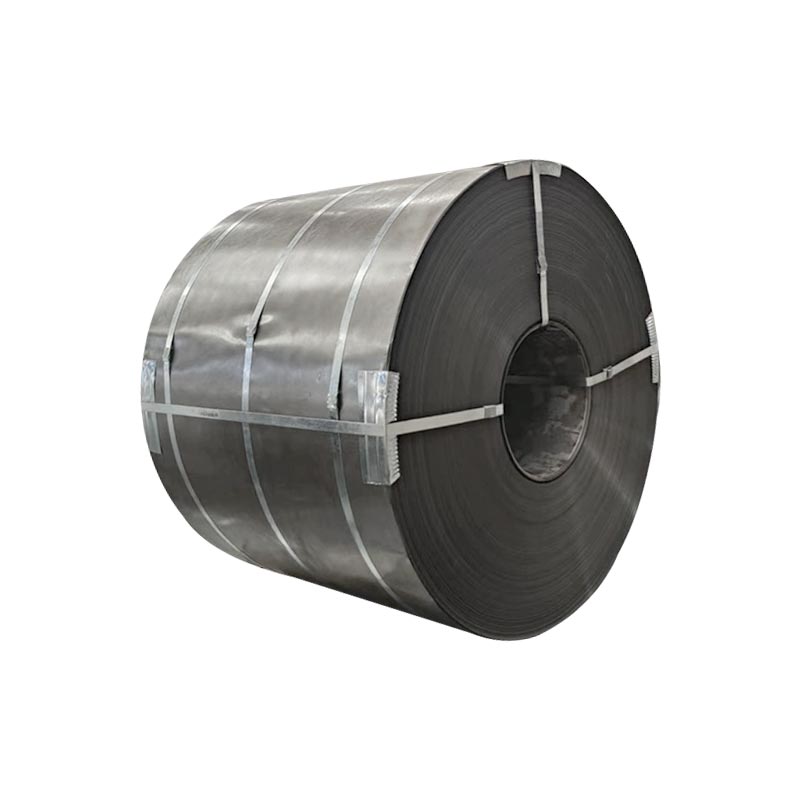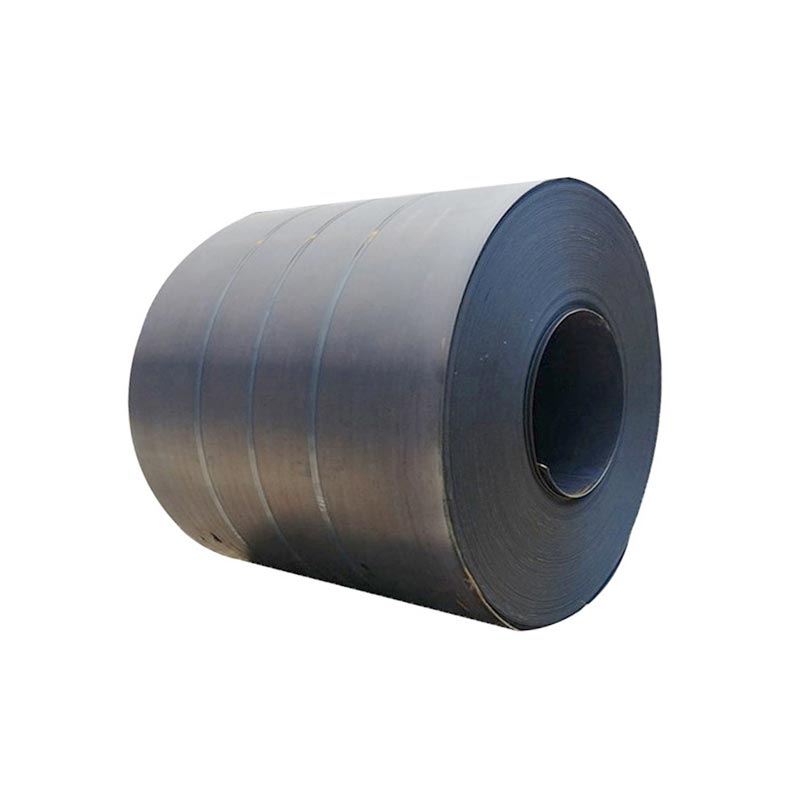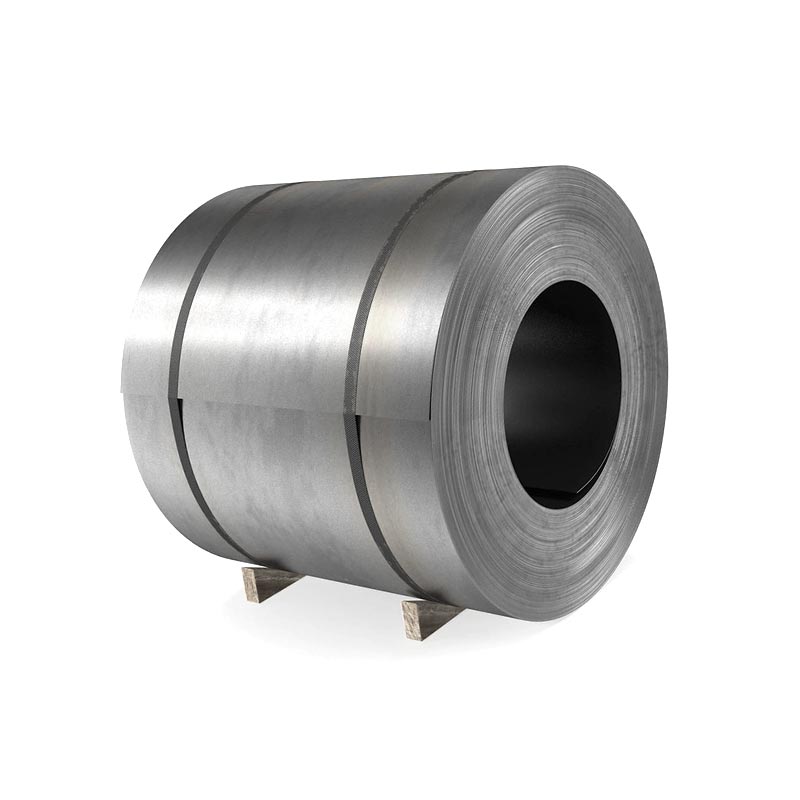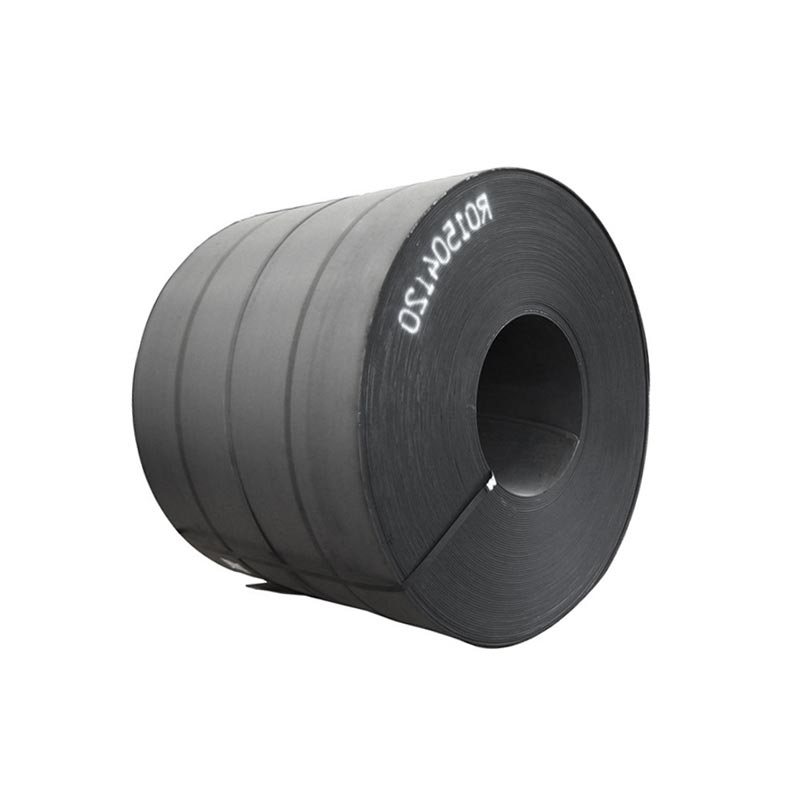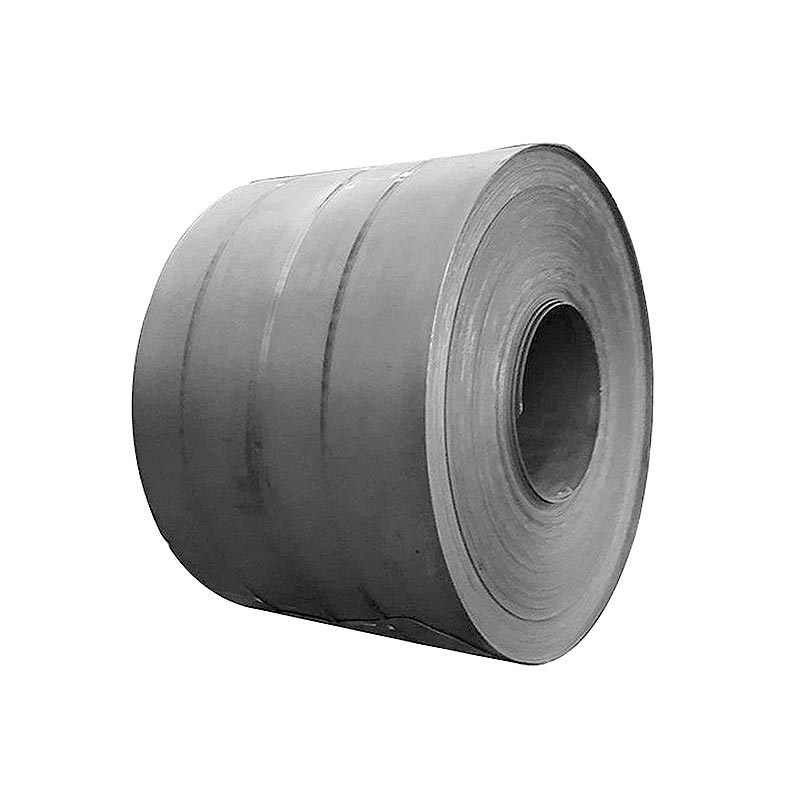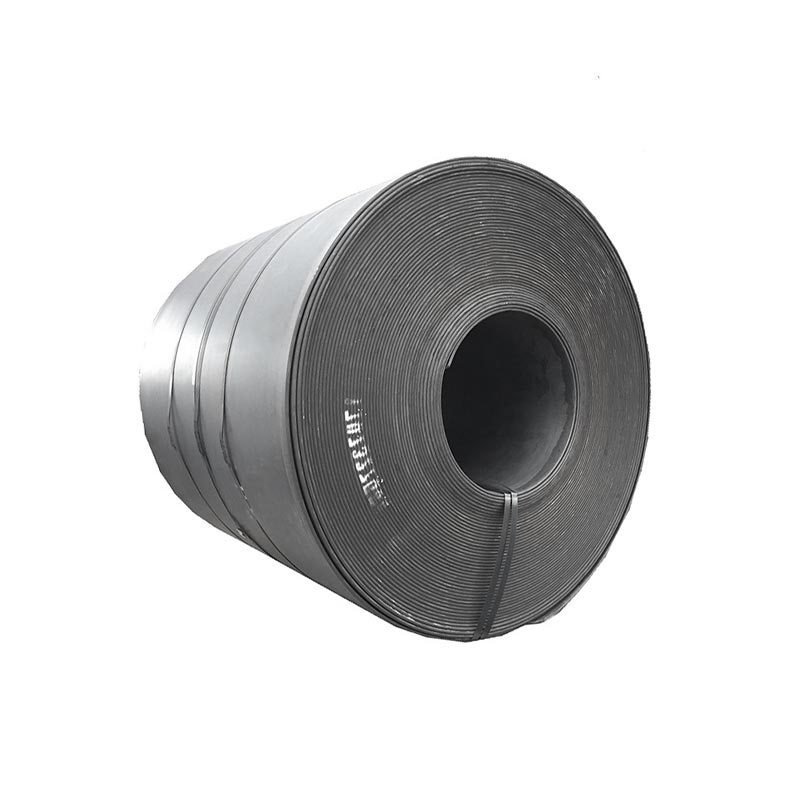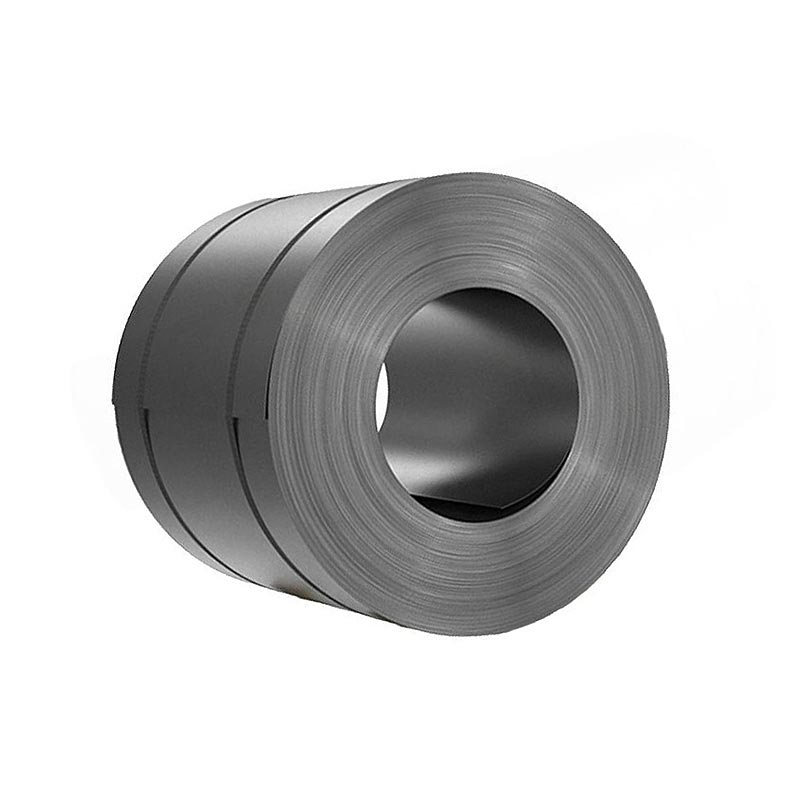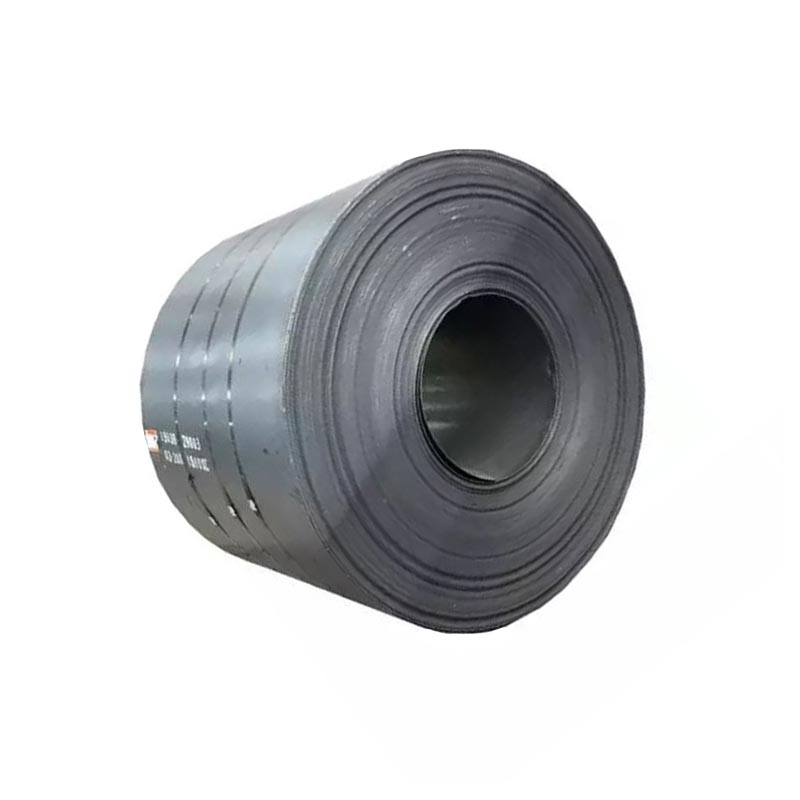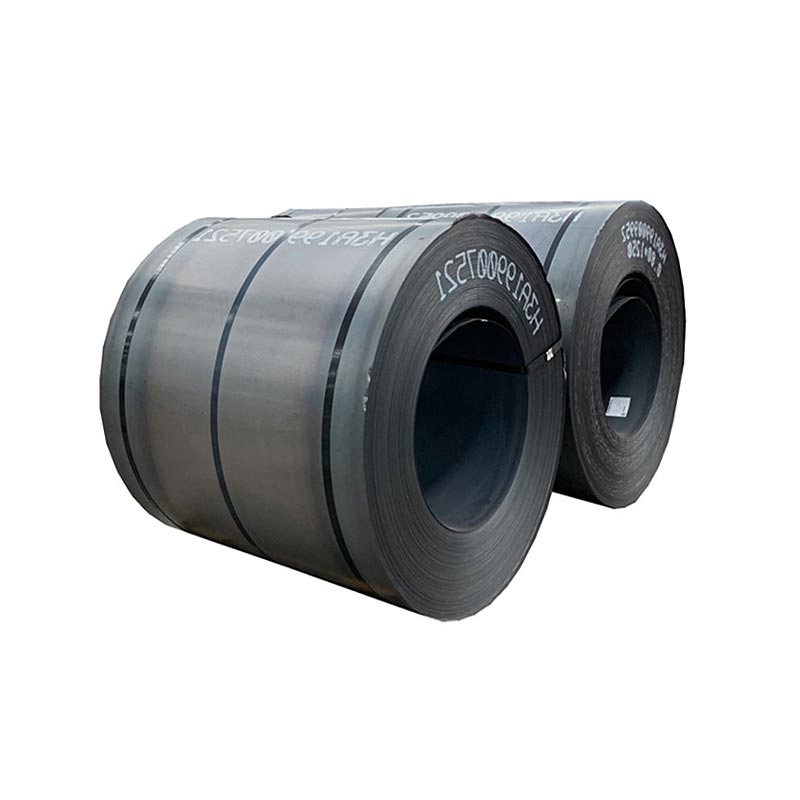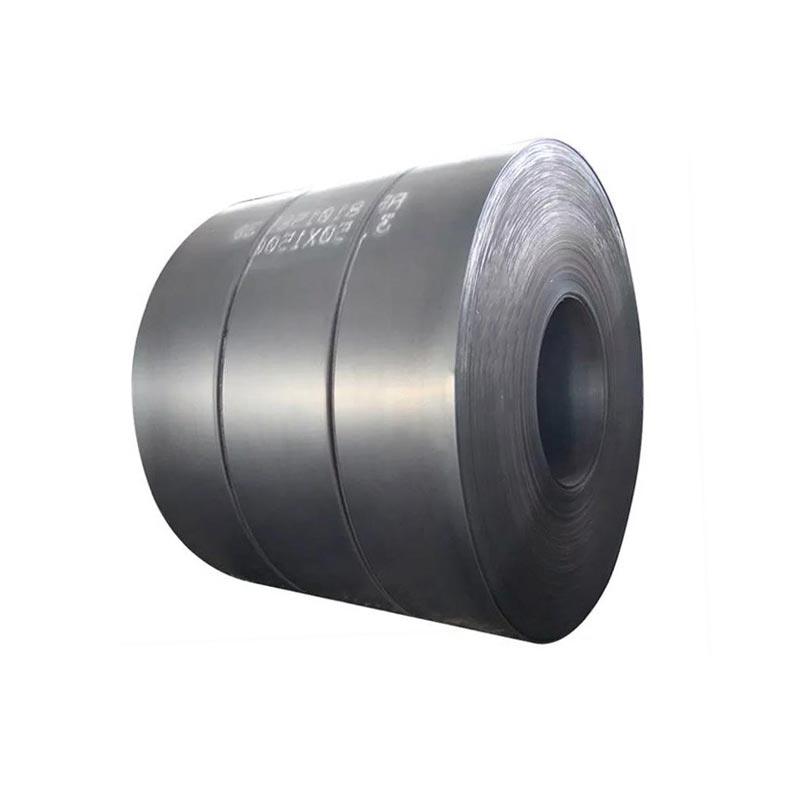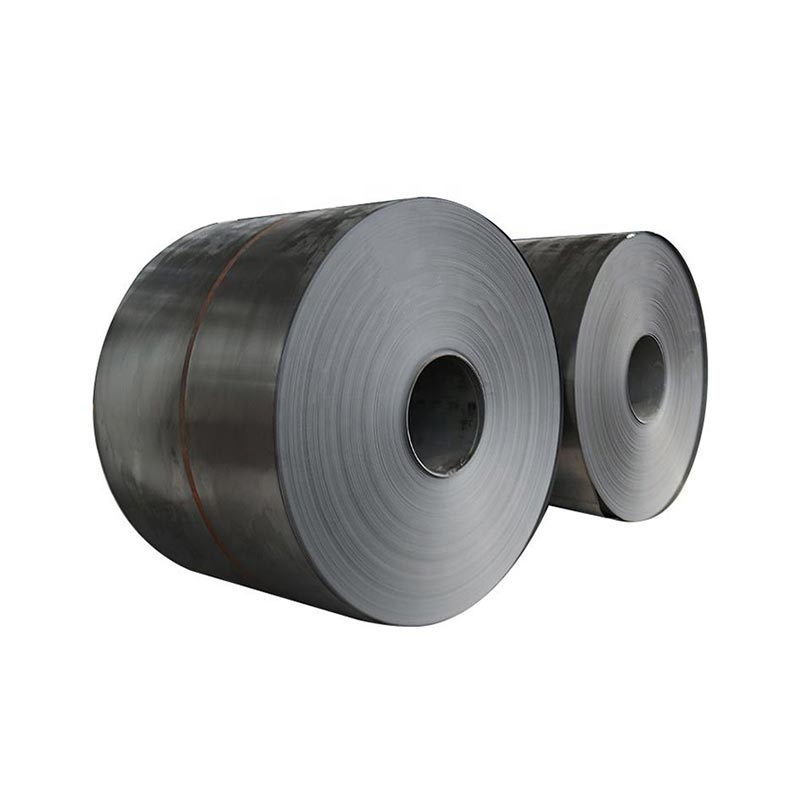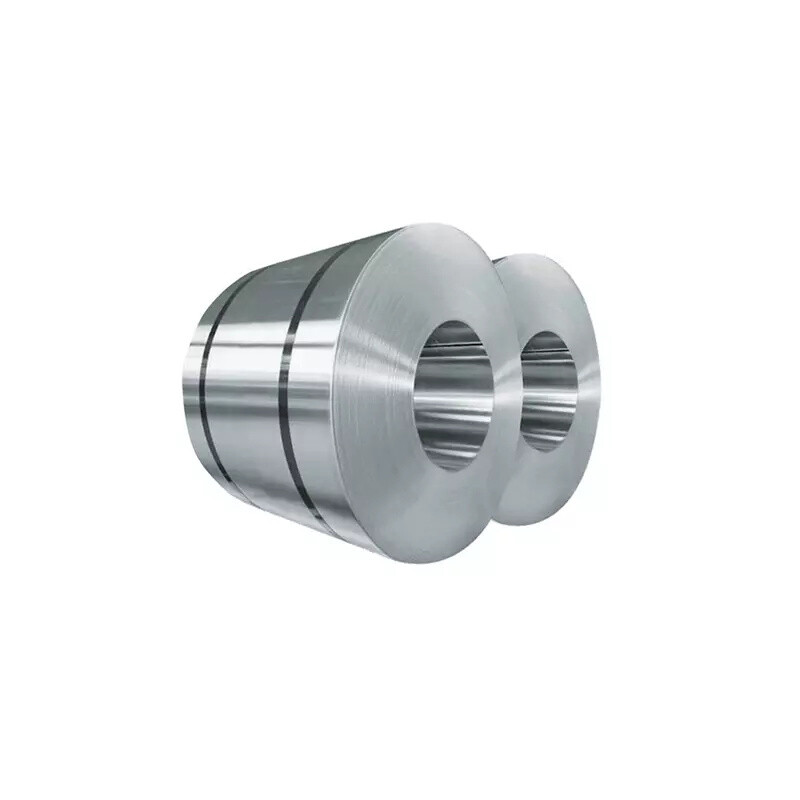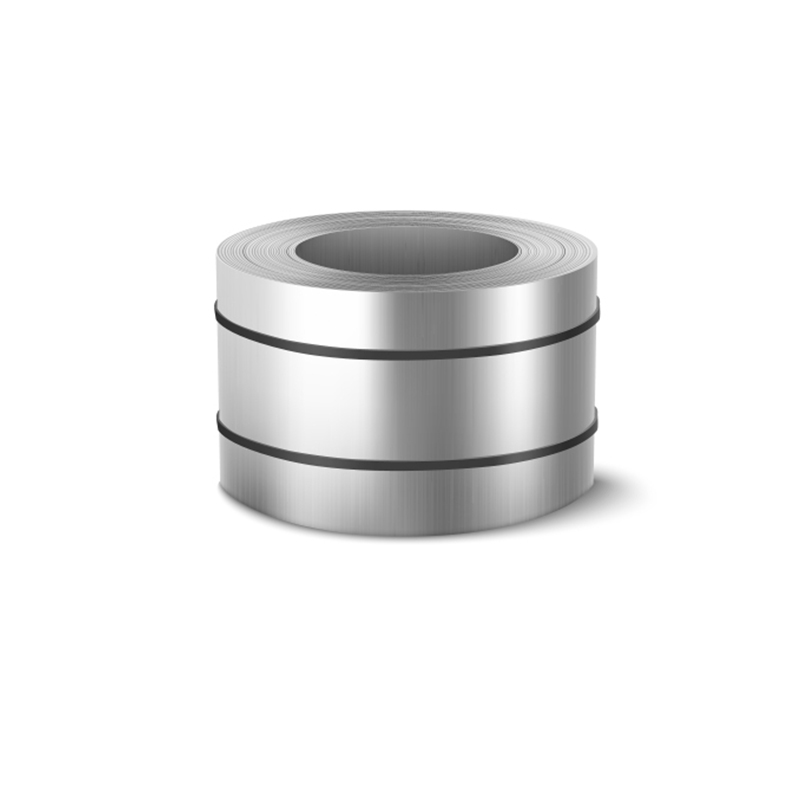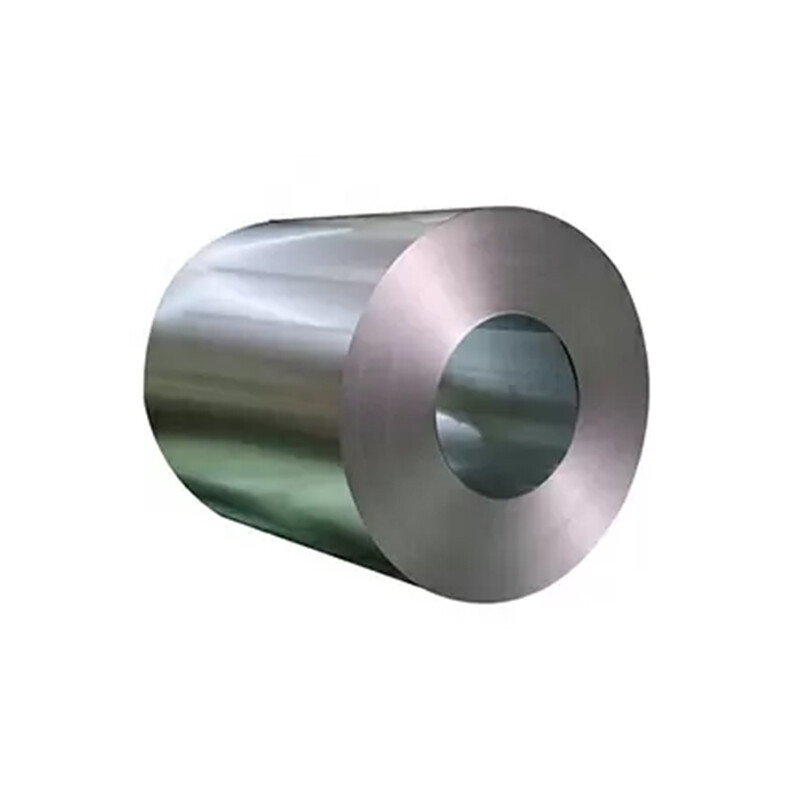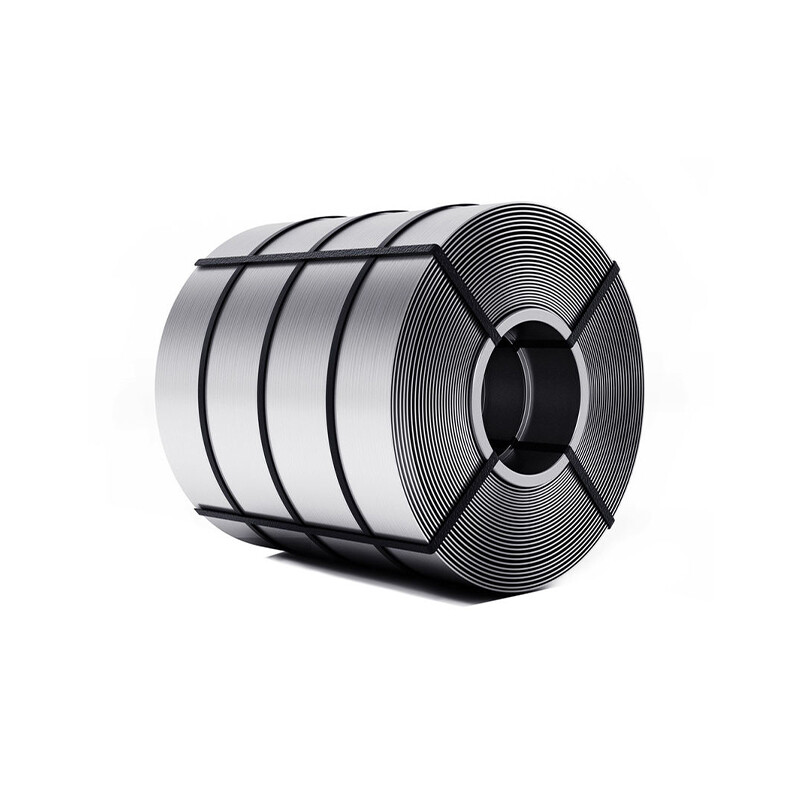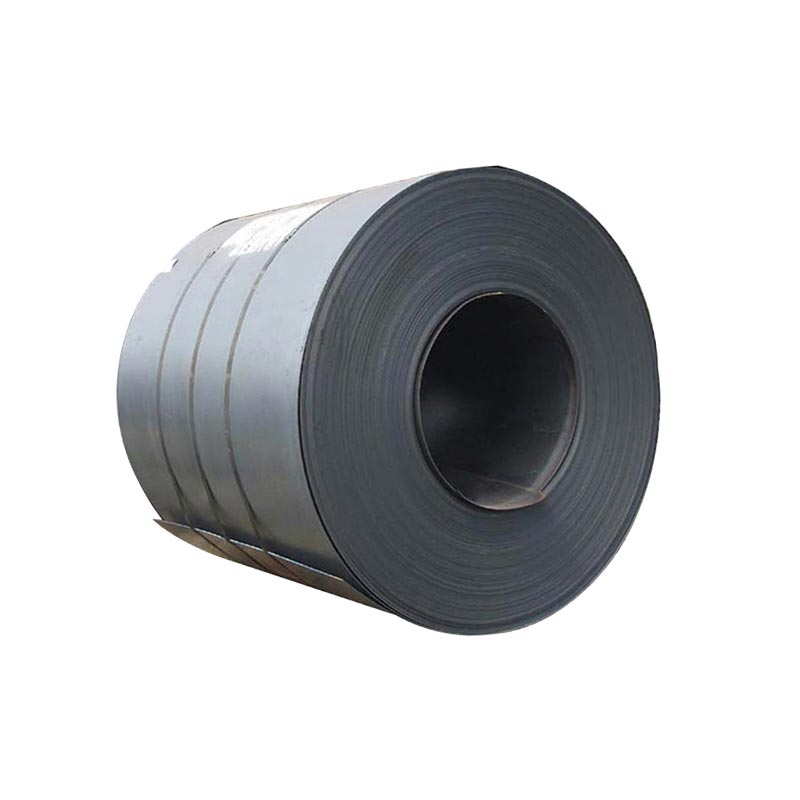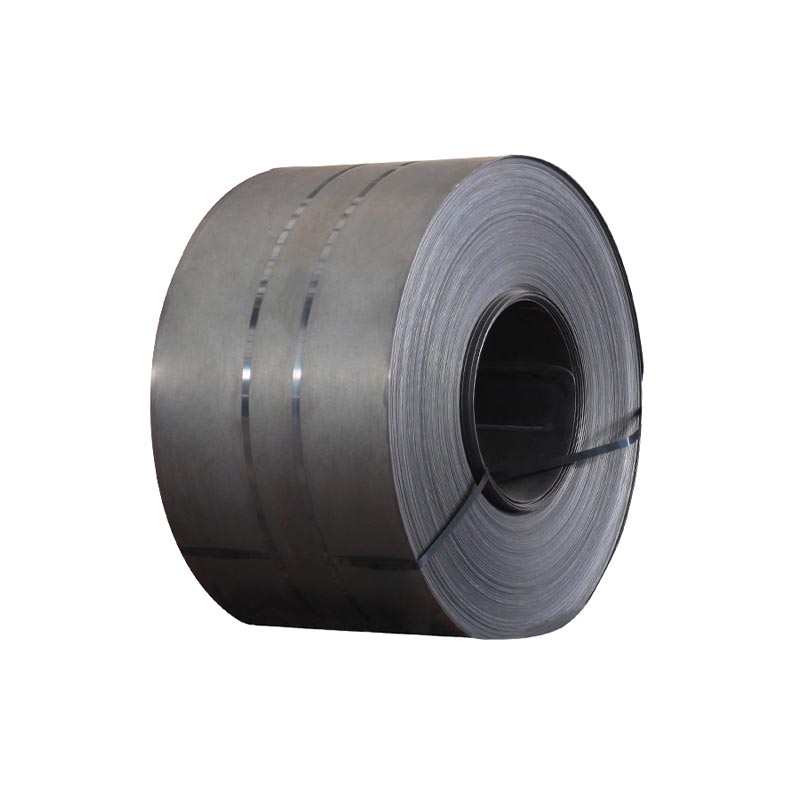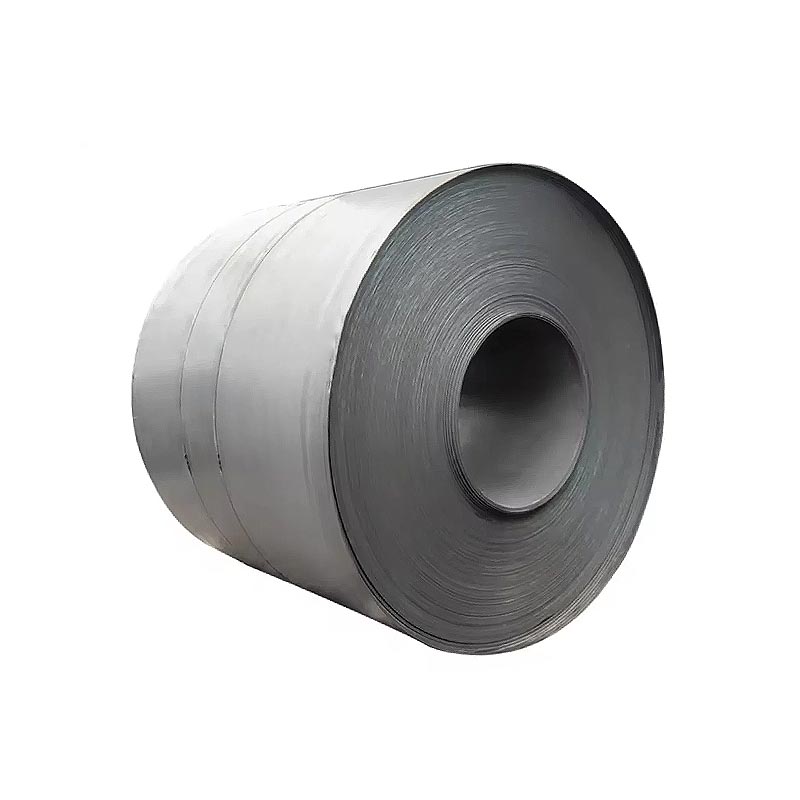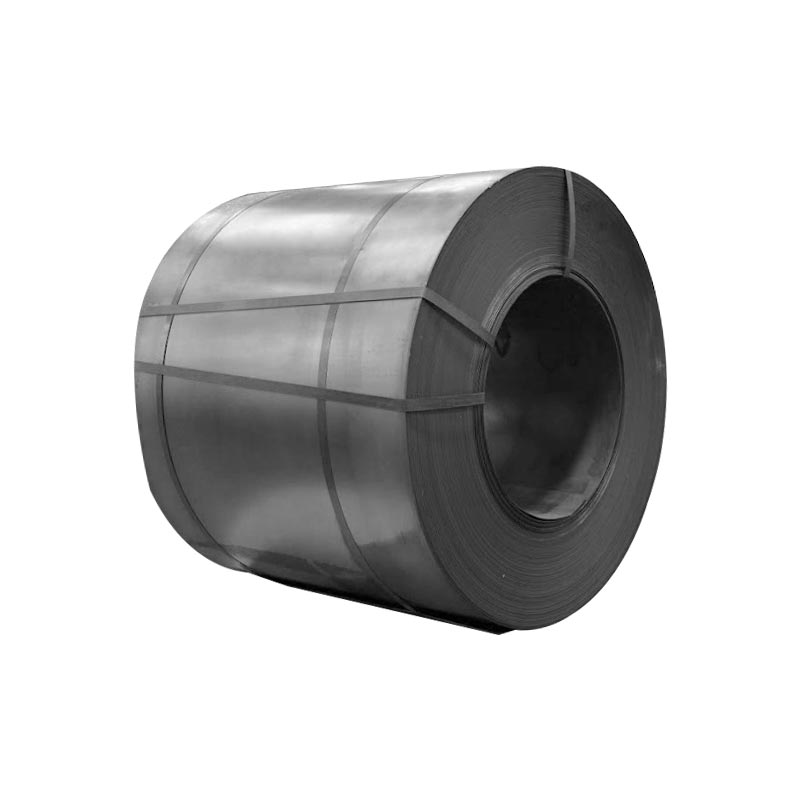Carbon Steel Coil
● A carbon steel coil is a continuous, rolled sheet of carbon steel (iron-carbon alloy) wound into a coil shape. Classified by carbon content (low, medium, high), it balances formability, strength, and cost.
● Low-carbon coils (e.g., A36) offer ductility and weldability, ideal for automotive parts or construction. Medium-carbon variants provide higher strength, used in machinery. High-carbon types are hard but less flexible, suited for tools.
● Available in various thicknesses and widths, these coils are unrolled for cutting, stamping, or forming. Common in manufacturing, construction, and metalworking, they serve as raw material for pipes, panels, and structural components.
View Video
A36 Carbon Steel Coil
A36 carbon steel coil is a popular low-carbon (max 0.25% C) material, widely used in construction and fabrication. It offers good strength (tensile 400–550 MPa, yield ≥250 MPa) and excellent weldability, with no preheating needed. Ductile and formable, it’s easy to cut, bend, or shape. Cost-effective, it suits structural frames, machinery parts, and general-purpose components. Compliant with ASTM standards, it balances performance and affordability for non-high-stress applications.
Get A Quick Quote!
You Can Leave Us A Message
or Send Us An Email!
Product Details
Product Parameters
Packaging and Transportation
Related Products
Leave Us Message
Please give us a message
What are you lookking for?

